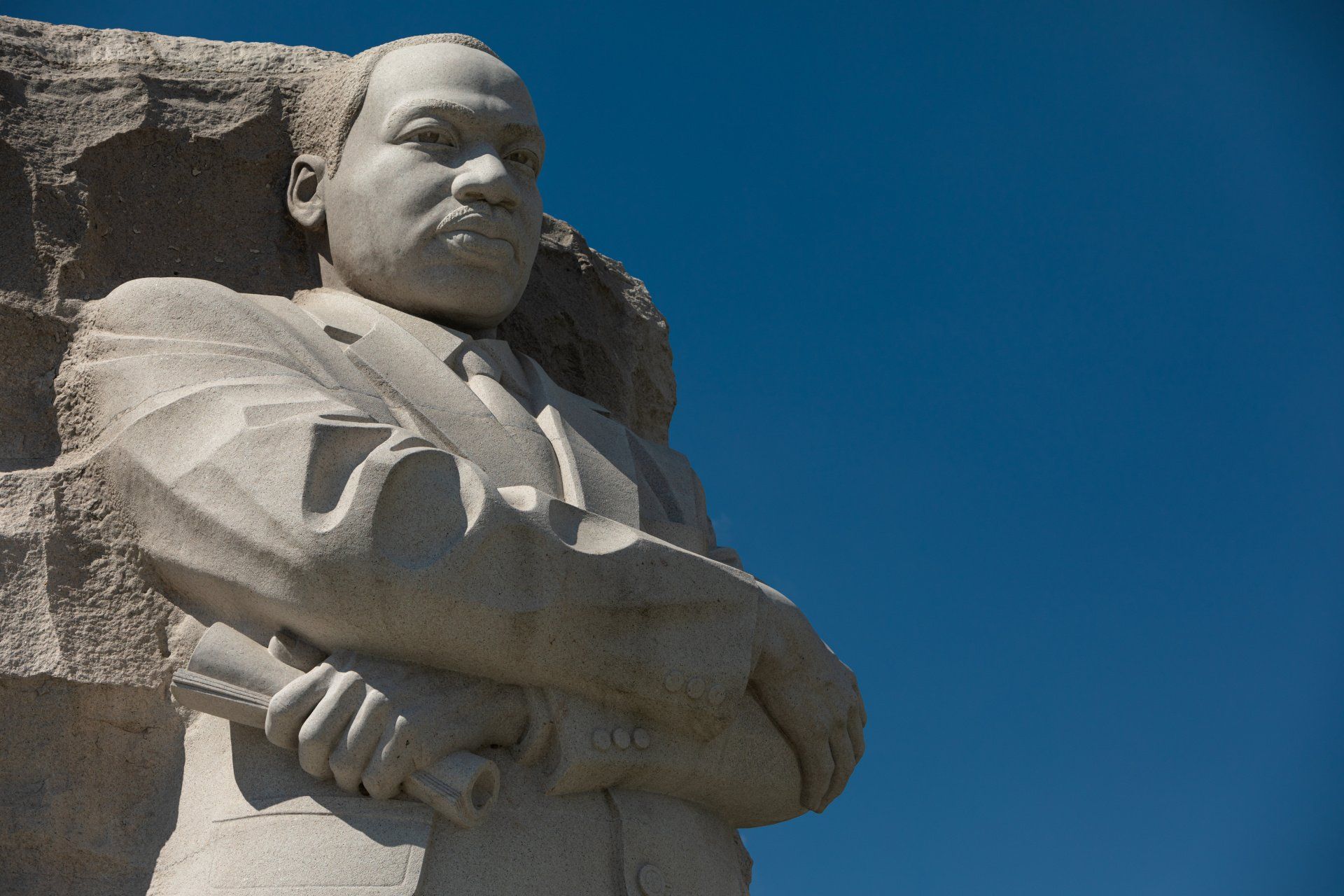A Rose is a Rose
In 2020 the US Census Bureau embarked upon its decennial obligation to count every person residing in all fifty states and territories. There was much fanfare about the count because the numbers dictate the amount of federal resources each state or territory will receive and account for the shifting of political representation amongst the states in the US House of Representatives. As inspired and dedicated as the agency was to meet its obligation, the previous Administration went to great lengths to curtail its efforts. As a result, the agency is now late in providing the detailed information states and local governments need to update their voting district boundaries.
We are feeling the pain of that failure in the form of what appears to be a power grab. Several local governments that have structured their governance around a district representation format sought support from the NC Legislature to delay their elections until the Census Bureau data was in hand and fully analyzed. A reasonable request under the circumstances.
Senate Bill 722 made its way through the process and provides for a delay in the elections as requested. More specifically, the bill provides as follows:
SECTION 1.(e) Date of Election. – With respect to any elected office with an election delayed to 2022 in accordance with this act, the following dates of election shall apply:
(1) For any municipality elected by the partisan primary and election method, the primary shall be March 8, 2022, and the general election shall be on the date of any second primary held under G.S. 163-111. If no second primary is held under G.S. 163-111, the general election shall be on April 26, 2022. No second primary shall be held for these offices in 2022.
(2) For any municipality elected by the nonpartisan primary and election method, the primary shall be March 8, 2022, and the general election shall be held on the date of any second prima-ry held under G.S. 163-111. If no second primary is held under G.S. 163-111, the general elec-tion shall be on April 26, 2022.
(3) For any municipality elected by the nonpartisan plurality method, the date of the election shall be March 8, 2022.
(4) For any municipality elected by the nonpartisan elections and runoff method, the election shall be March 8, 2022, and the runoff election shall be held on the date of any second primary held under G.S. 163-111. If no second primary is held under G.S. 163-111, the runoff election shall be on April 26, 2022.
However, a funny thing happened on the way to the forum. The Raleigh City Council requested support from the NC legislature to delay its upcoming municipal elections not to March of 2022 but November of 2022. The Council met in closed session debated the issue and voted to extend the life of their reign for a longer period of time without the input of those they serve.
But that is not all. Senate Bill 722 also eliminates runoff elections and provides for victory by plurality in Raleigh races and moves the city’s elections to even numbered years instead of the current odd numbered year time frame.
These are major changes.
Suppose the failure of the previous Administration to promote the “Count” adequately and fervently in 2020 was part of a greater scheme to suppress the ability of Americans to exercise their constitutional right to participate in the election of their officials. And suppose the failure of the previous Administration to promote the “Count” was a precursor to the argument that any election that resulted in the outcome that came about was corrupted and therefore not representative of the will of the people. And suppose the entire voter suppression strategy is to win by attrition not on the basis of merit and objective scrutiny.
Then it would appear that the failure of the Raleigh City Council to seek public comment on the changes they pursued looks more like a power grab of convenience than a concern for increasing and improving upon public participation and engagement. Moving the year for the elections changes the dynamics of the races and ability of certain people to even be in a race. Eliminating runoff elections has a serious impact of understanding the qualities and abilities of a person seeking office. Placing the elections in line with state and federal elections will diminish the relevance of local issues and deny candidates access to financial support.
This latest move by the Raleigh City Council not only smells like the rose of voter suppression, it contains many more thorns.
Originally published in AfAm TURNOUT NORTH CAROLINA, VOL. 4, ISSUE 08, 08/19/2021
Thoughts from Henry Lancaster II

